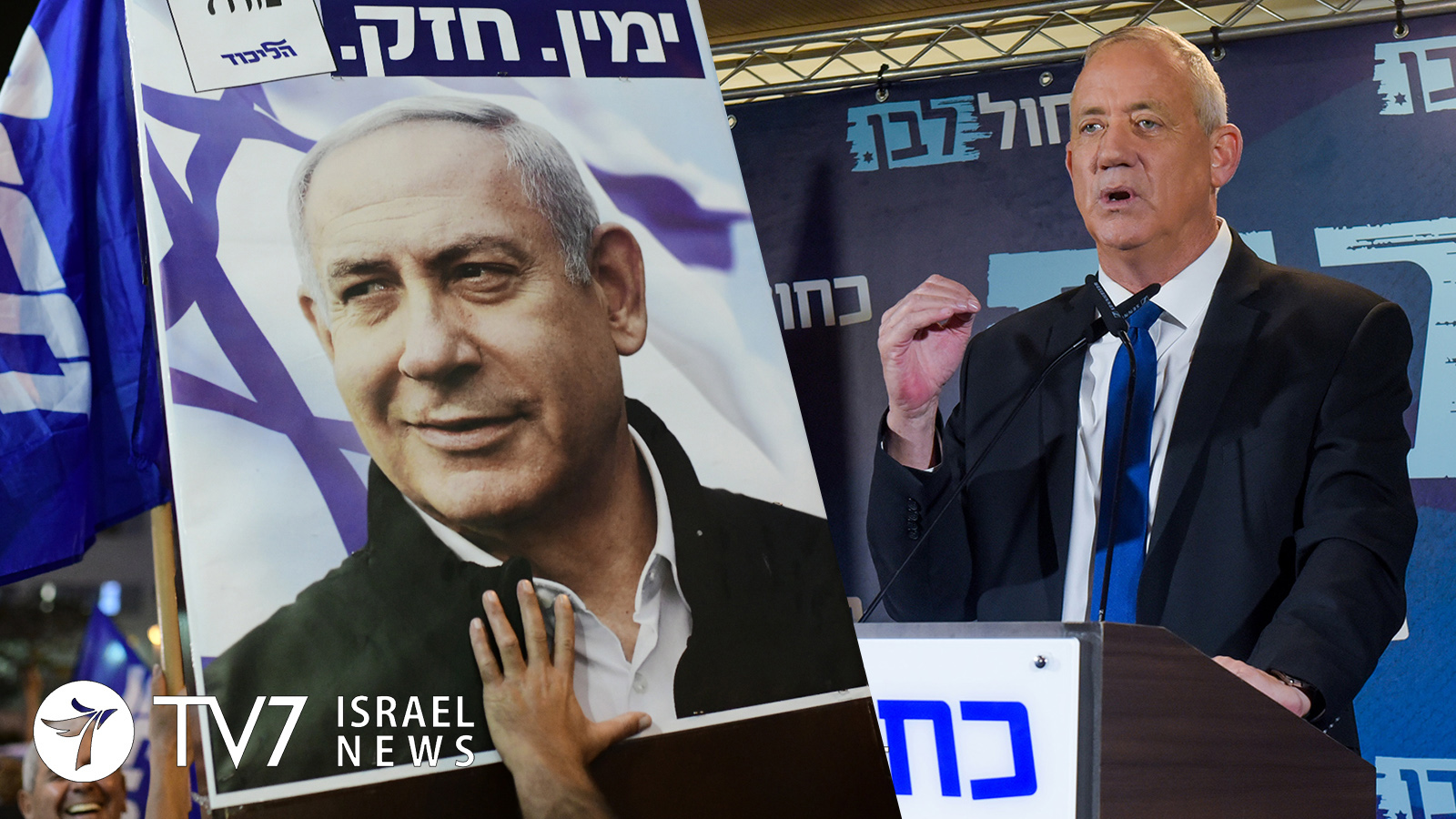Political uncertainty in Israel is heightening as the deadline to form a successful government rapidly approaches. Just 16 days remain of the three-week period granted the Knesset to elect any member by a simple 61-majority vote. Failure to do so by December 11 will require the holding of a third, unwanted and costly election in 12 months.
This marks the first time in Israeli history that the Knesset has even undertaken the task of government-building. It was warranted after Prime Minister Benjamin Netanyahu failed in his own efforts to do so after the April and September national balloting; as did his primary challenger, Blue and White Chairman Benny Gantz, after the last polls.
The latest developments follow the November 21 decision by Attorney General Avichai Mandelblit to indict Netanyahu on charges of bribery, fraud and breach of trust in the three separate corruption investigations. The Prime Minister is now expected to relinquish the Agriculture, Health, Welfare and Diaspora Affairs Ministries he now heads, in accordance with a 1993 Supreme Court precedent compelling the resignation of any government minister under indictment. There have been multiple calls from Netanyahu’s political rivals and democratic watchdog groups for him to step down from the portfolios he holds out of a ‘moral obligation,’ even though the statute is not applicable to premiers. This is the first time in Israeli history a sitting Prime Minister has been indicted.
Israel’s four-term and longest-serving leader has vowed to remain in office and adamantly maintains innocence of the charges – which he branded “an attempted coup” by police investigators and prosecutors as part of “tainted” investigations. Netanyahu’s foremost political opponent within his Likud party, Gideon Sa’ar, has slammed that characterization as “irresponsible,” with a negative impact on the state’s systems.
Sa’ar, who has previously served as Minister of Education (2003-2013) and Internal Affairs (2013-2014), has long been viewed as an ‘heir apparent’ to the Likud chief, who has served at the helm of the party for fourteen years. The 52-year-old conservative lawmaker immediately tweeted “I’m ready” when Netanyahu indicated the possible holding of party primaries last month – which he ultimately decided against. Just one day after the November 23 announcement by the Likud Central Committee Chairman MK Haim Katz that any faction members wishing to stand against Netanyahu had the option to do so, Sa’ar officially filed a request to hold the poll.
“We need to go to snap elections in the next 21 days,” he said, after pointing out that the “Likud hasn’t had primaries for many years now.” Even though he praised Netanyahu’s “tremendous achievements” during an interview with Israel’s Kan public radio today, Sa’ar went on say that the Premier has become “politically untenable. He can’t form a government, and unfortunately won’t be able to do so even after a third election. I know it’s hard, but he has to realize that.” Meanwhile, Sa’ar also contended that he would “be able to form a government and unite the country.”
Channel 12 News reported that Netanyahu “didn’t rule out” the holding of Likud primaries within the next 16 days in order to avert another round of elections, although the Times of Israel deemed such a scenario “unlikely for logistical reasons.” It has also been reported that the Prime Minister has instead agreed to hold the Likud primary within the next six weeks.
Senior Likud MK and former Jerusalem mayor Nir Barkat has proposed the holding of primaries for the purpose of selecting a deputy faction head, poised to take over for Netanyahu if it became necessary that he take a leave of absence to concentrate on his legal woes.
Meanwhile in the event of a Likud victory in a third election, there have been additional reports that Attorney General Mandelblit may issue a formal opinion over the legality of assigning Benjamin Netanyahu a government-forming mandate, as long as he remains under the shadow of criminal indictment.
– By Erin Viner
